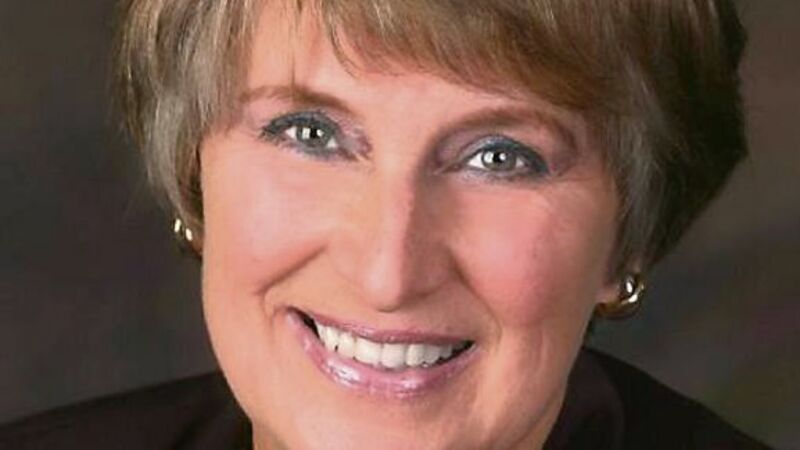Exploring a Protestant experience at the Samuel Beckett Theatre

Their ancestral home — a ‘big house’ — was burned out during the War of Independence, but the family have adapted to the new Ireland around them.
“As a Swedish person, I found it strange coming here in the 1980s and seeing the differences that still existed,” says Henning Jocelyn. “The Protestant community kept very much to themselves and were afraid of reaching out and trying to mix with anybody outside their own camp. But, then, to my delight, I witnessed how all these barriers started to erode.”











